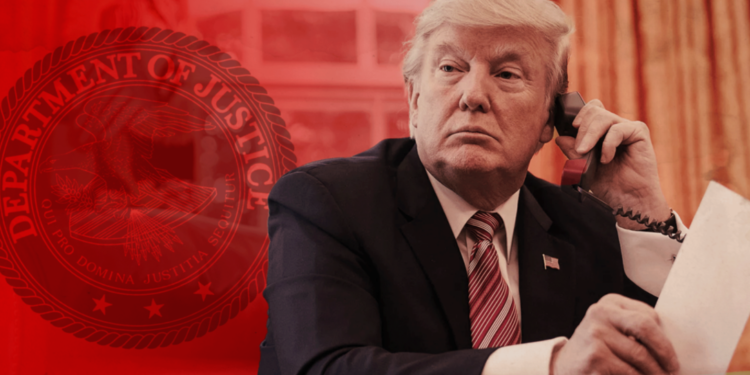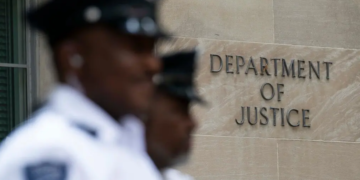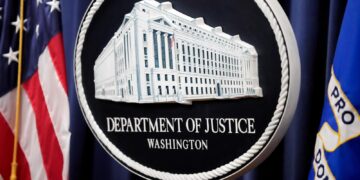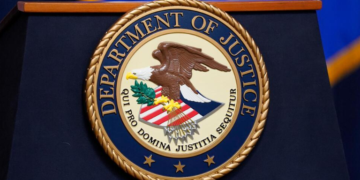Nov 29, 2024 Story by: Editor
When Donald Trump launched his third presidential campaign in 2022, he pledged to implement strict voting regulations if re-elected, including mandating voter ID, same-day voting, and paper ballots. His campaign was largely shaped by the aftermath of the January 6, 2021, insurrection, emphasizing retribution against political adversaries and challenging voting institutions.
As Trump eyes a potential return to the White House, these policies could become reality.
The DOJ’s Role in Elections
The federal government’s election-related responsibilities, outside of formal legislation, are primarily managed by the Department of Justice (DOJ). The DOJ oversees tasks such as combating voter intimidation, ensuring voting access for individuals with disabilities, and countering foreign election interference. However, the department’s Civil Rights Division, which handles most voting-related cases, tends to scale back efforts during Republican administrations when voting rights enforcement is not a priority.
Trump’s focus on alleged election fraud has intensified far-right attention on voting laws and the DOJ’s enforcement strategies. Cleta Mitchell, a former Trump attorney, is among those advocating for aggressive voter roll purges.
Changes in DOJ Leadership
Trump’s history with attorneys general highlights his desire for unwavering loyalty. In 2018, Jeff Sessions was dismissed after refusing to halt Robert Mueller’s investigation. Similarly, in 2020, Bill Barr resigned after upholding the integrity of the presidential election despite pressure to support Trump’s claims of fraud.
Recently, Trump nominated Florida Rep. Matt Gaetz for attorney general. Although Gaetz later withdrew, Trump is expected to select a loyalist committed to reshaping the DOJ. Spokesperson Karoline Leavitt stated Trump aims to appoint someone who will “end the weaponization of our justice system.”
Voting Rights Under Trump
A look at Trump’s first term provides insight into the potential direction of his policies:
Voter Registration and Roll Maintenance
- First Term: The DOJ backed restrictive voter ID laws and supported controversial voter roll purges in states like Ohio and Kentucky.
- Future Implications: Current DOJ lawsuits challenging similar programs in Virginia and Alabama may be abandoned under a Trump-led administration.
Election Administration
- First Term: The DOJ supported strict absentee voting requirements in Alabama during the pandemic, disadvantaged vulnerable voters.
- Future Implications: The department is currently suing Georgia over laws restricting ballot access, but such efforts are unlikely to continue under Trump.
Election Fraud
- First Term: Following the 2020 election, then-Attorney General Barr permitted federal prosecutors to investigate irregularities before certification, breaking long standing policy.
- Future Implications: Trump’s next attorney general is expected to perpetuate baseless fraud narratives, further eroding trust in the electoral process.
Redistricting
- First Term: The DOJ supported efforts to exclude undocumented immigrants from the census and dropped challenges to discriminatory redistricting maps.
- Future Implications: Current DOJ cases defending Section 2 of the Voting Rights Act may be deprioritized, leaving racial discrimination in redistricting unchecked.
A Precarious Future for Voting Rights
Trump’s track record and plans suggest a DOJ that could suppress voter access, manipulate election rules, and undermine democratic institutions. However, judicial interventions remain a critical safeguard. Pro-voting groups have achieved significant legal victories, and Senate Democrats are working to confirm judges committed to upholding voting rights.
While a Trump administration poses challenges, courts and advocacy groups will play vital roles in protecting the electoral process and ensuring fair access for all voters. Source: Democracy Docket
















